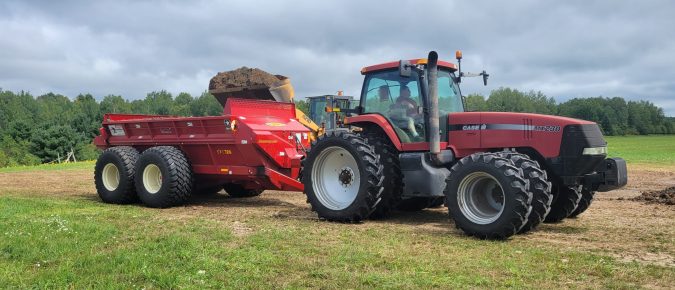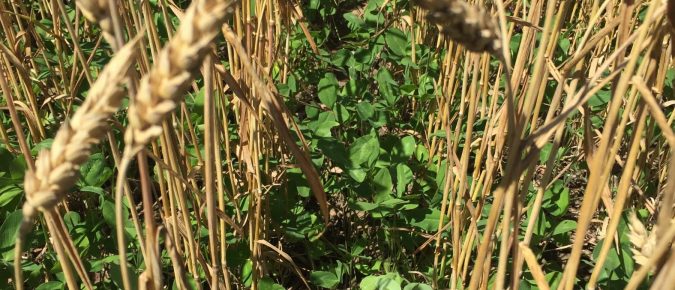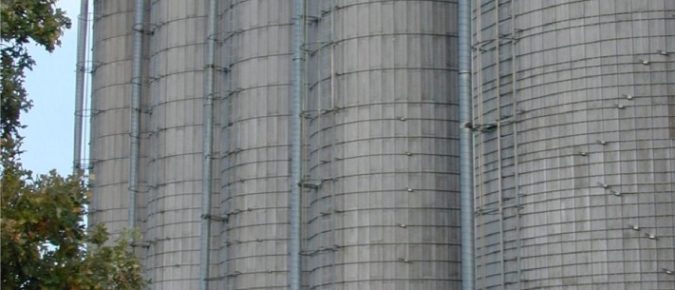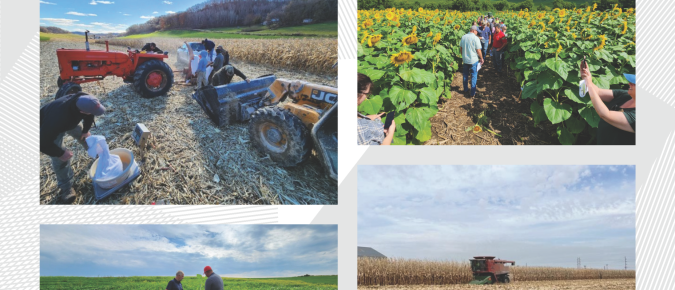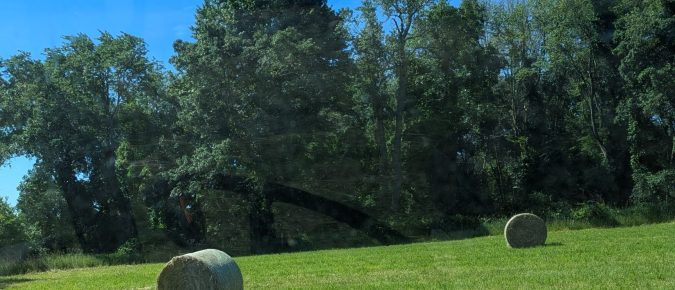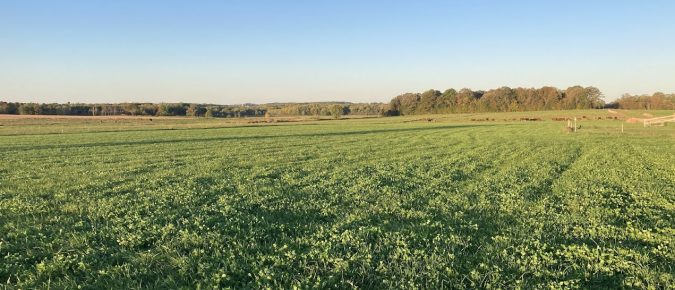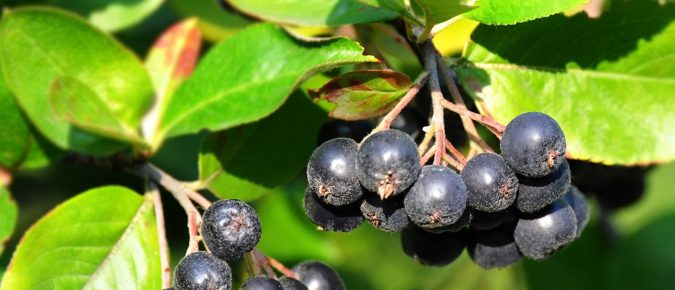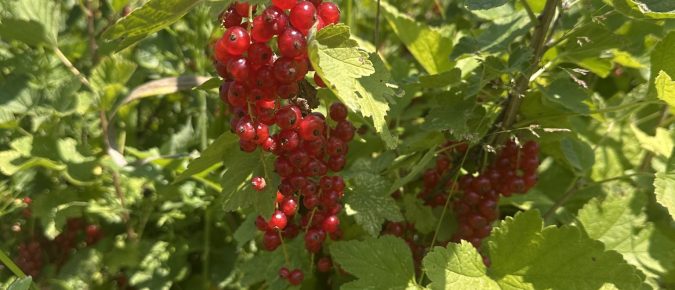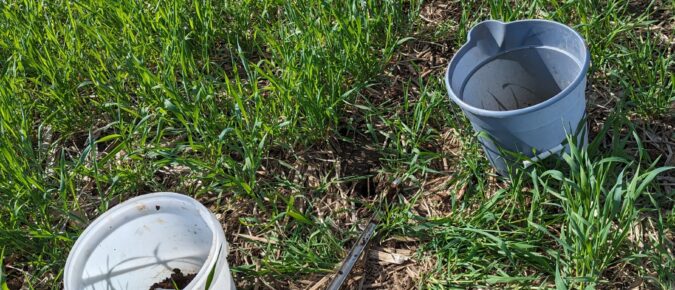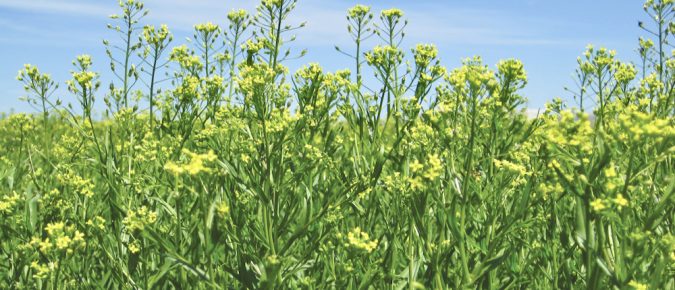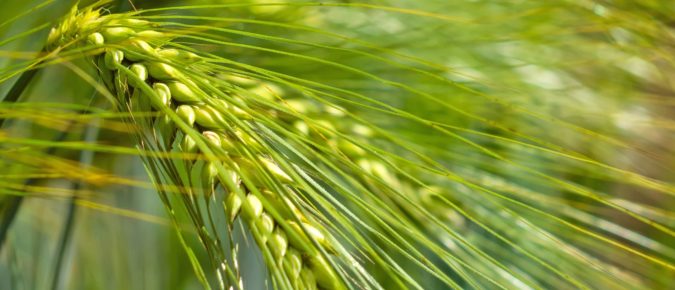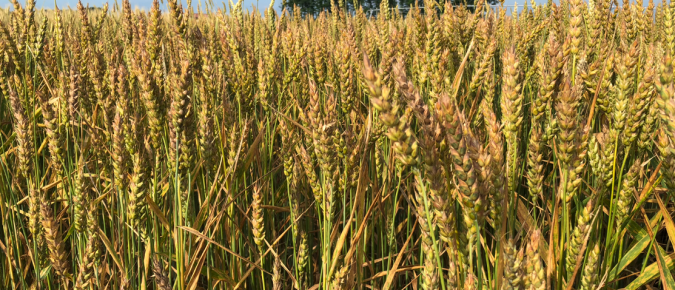Incorporating Off Farm Wastes in Nutrient Management Planning Summary Limiting Nutrient for Material Application Application restrictions near wells and/or buildings Application restrictions based on depth to ground water and bedrock Application restrictions near surface water Winter (frozen or snow covered ground) spreading restrictions Use of wood ash to adjust soil pH SnapPlus V3 Help and […]
Using wheat to diversify corn-soybean crop rotations can act as a strong foundation for more effective, economic, and sustainable pest management.
As some BMR hybrids begin to phase out, the future of high-quality corn silage will depend on how well we adapt, from evaluating new hybrids like short-statured corn, to exploring biological products and fine-tuning management practices like plant population and cutting height.
Lindsey Rushford, Nitrogen Optimization Outreach Specialist with UW–Madison Extension, presents highlights from the 2024 Annual Report of the Nitrogen Optimization Pilot Program (NOPP).
Kevin Jarek, regional crops educator for Outagamie and Winnebago Counties, provides a comprehensive overview of forage planning strategies for mid and late summer in Wisconsin.
Josh Bendorf from the Wisconsin State Climatology Office presents a comprehensive recap of the 2025 growing season and a fall weather outlook.
This week we will hear about Gwenyn Hill Farm’s (Waukesha) currant, Duchess of Oldenberg apple, day-neutral strawberry, and raspberry harvests.
This week we will hear about Gwenyn Hill Farm’s (Waukesha) plum curculio and codling moth management and the effects of recent precipitation.
This article provides guidance related to the importance of using the same lab to assess changes in soil health over time, in addition to the importance of sampling at a consistent time of year and depth when collecting samples for soil health evaluation.
In this video, Sam Bibby shares insights from on-farm research exploring the use of camelina as a cover crop compared to rye in corn-soybean rotations.
In this video, Jerry Clark covers variety trials, nitrogen and fungicide management, and quality testing for malting barley to meet craft brewing standards.
In this video, Scott Reuss, regional crops educator, UW–Madison Extension, presents findings from multi-year research trials investigating optimal sulfur application rates for winter wheat in northeastern Wisconsin.


